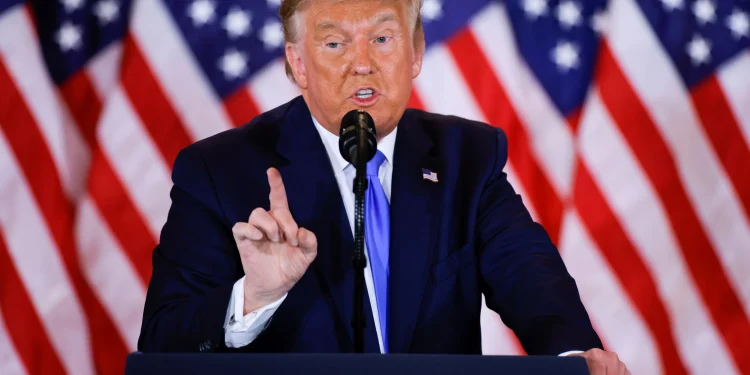Anticorruption activists will almost certainly soon awake to more bad news about the Trump Administration and corruption: A Supreme Court decision upholding the sacking of the official responsible for protecting government whistleblowers.
A Trump win at the Supreme Court is bad news, both in legal and public relations terms. But the anticorruption community and those worried about Trump’s abuse of executive power should temper their laments. Especially because their lamentations will amplify the PR value of the win.
On February 7 the Trump Administration terminated Hampton Dellinger from the clumsily titled position of Special Counsel of the Office of Special Counsel, a job that made him responsible for protecting U.S. government employees who blow the whistle on fraud or corruption in federal programs (here). Why — when under Trump whisperer Elon Musk’s leadership the Administration has made fighting government fraud its principal mission — would it fire a critical ally?
As with many hasty, poorly conceived actions in Trump’s first days in office, Dellinger turned to the courts to challenge his dismissal. His job was created by statute, and in establishing the position Congress directed that its holder be removal “by the President only for inefficiency, neglect of duty, or malfeasance in office” (here). Because Dellinger was given no reason for his termination, the federal district court put it on hold pending an inquiry (here). The Trump administration immediately sought review in the U.S. Court of Appeals for the District of Columbia, which in a 2-1 decision held review was not appropriate so early in the process.
The case is now before the Supreme Court where its six Republican appointees are almost certain to slide by procedural niceties to take up the case and uphold the termination. Unfortunate as that ruling may be for anticorruption advocates, it does not mean the Supreme Court majority is prepared to allow Trump to do whatever he pleases (dressed up in legalese as the unitary executive theory). While the majority has been itching for some time to overrule (its clumsily named) precedent Humphrey’s Executor, overruling it doesn’t mean the whatever the president pleases doctrine has carried the day.
As a leading text by Manning and Stephenson (yes, GAB’s Stephenson) explains, the rationale underpinning Humphrey’s Executor has been vigorously debated for some years. A strong argument can be made on pragmatic grounds for upholding it, but those who subscribe to the view that the courts’ job is restricted to reading the minds of those who wrote Constitution have points in their favor. And absent a broadly worded embrace of an extreme view of the unitary executive theory, an opinion overruling Humphrey’s Executor will not open the door to an unfettered Trump Presidency. It’s not time to panic (at least not yet.) Those who fear Trump unchained should take care what they say about such an opinion.












